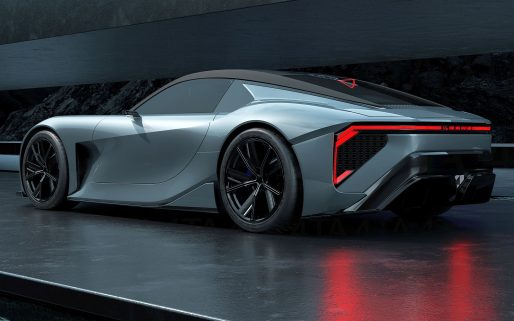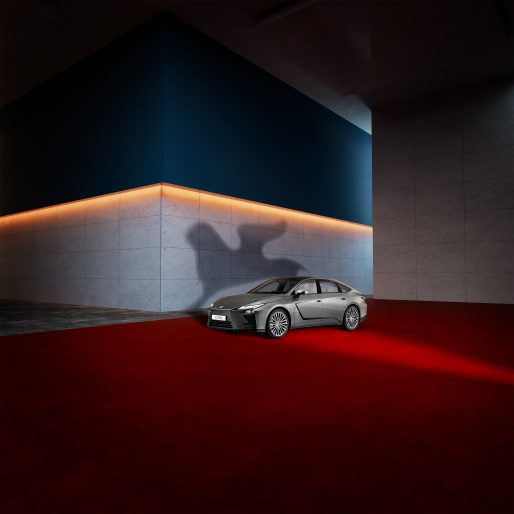In a new interview with one of the Lexus Design Award judges on the future of automotive design, Simon Humphries, Head of Toyota and Lexus Global Design, believes a revolution of ideas is needed: “When it comes to cars, it is vital that we don’t focus excessively on the cars of the past. We are entering a time when we need to set aside preconceived notions — such as a car being just a means of transport — and move towards a more innovative future.”
When asked what the automobiles of the future will be like, he replies: “The answer no doubt lies in how we respond to the human desire to move freely. Unlike animals, whose movement is driven by basic needs such as food or shelter, humans have the freedom to follow their curiosity and seek out learnings. In this way, the human desire to move is very deep.”
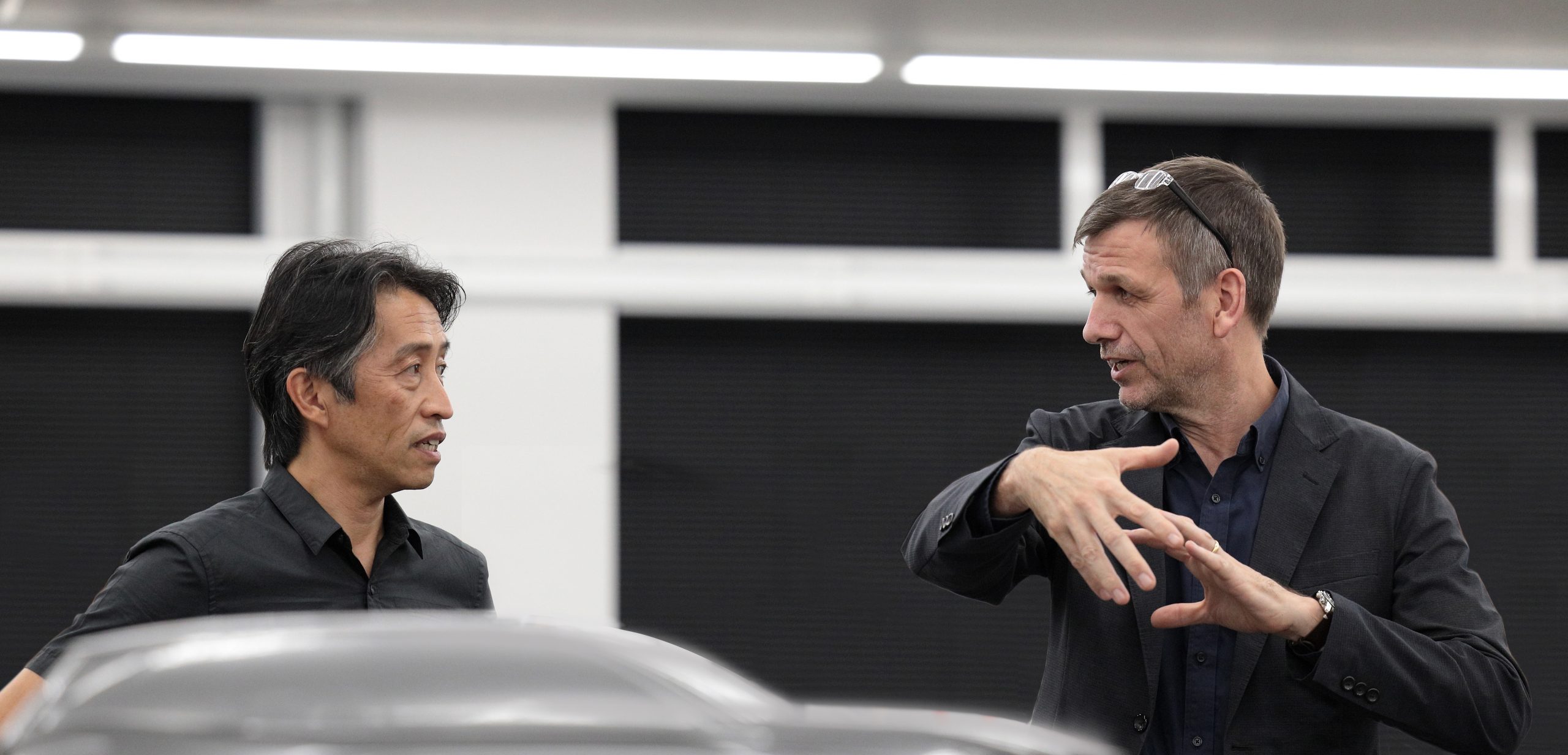
In response to suggestions that automotive design will become commodified if automated driving becomes mainstream, Humphries comments: “… I don’t agree; in fact, I believe the opposite is true. No user wants the same thing from their vehicle all the time…they might want to commute by car to work on their own; then, at another time, they may want to take the car shopping, or go on a drive with their family. So, it’s better if a vehicle can respond to individuals’ needs in the best way possible. It is not possible to create cars using the same mindset as before. From a market-centric perspective, automotive design needs a revolution of ideas. A long time ago, automotive design had identifiable ‘trends.’ This is no longer the case. Consumers have become incredibly diverse, and markets change with great speed. The key is this: how quickly can we incorporate user needs into our products?”
Explaining his design philosophy, he continues: “The most important aspect of design is to consider the feelings of the user. Next, after coming up with a design that incorporates these considerations, you must be able to explain it clearly in the form of a story. This is why it’s essential for designers to have communication skills. I am always trying to explain what our customers need, and how my design reflects those needs. No matter the design, if you show it to five people, each one will focus on different aspects. In other words, communication is the key to conveying the designer’s intention.”
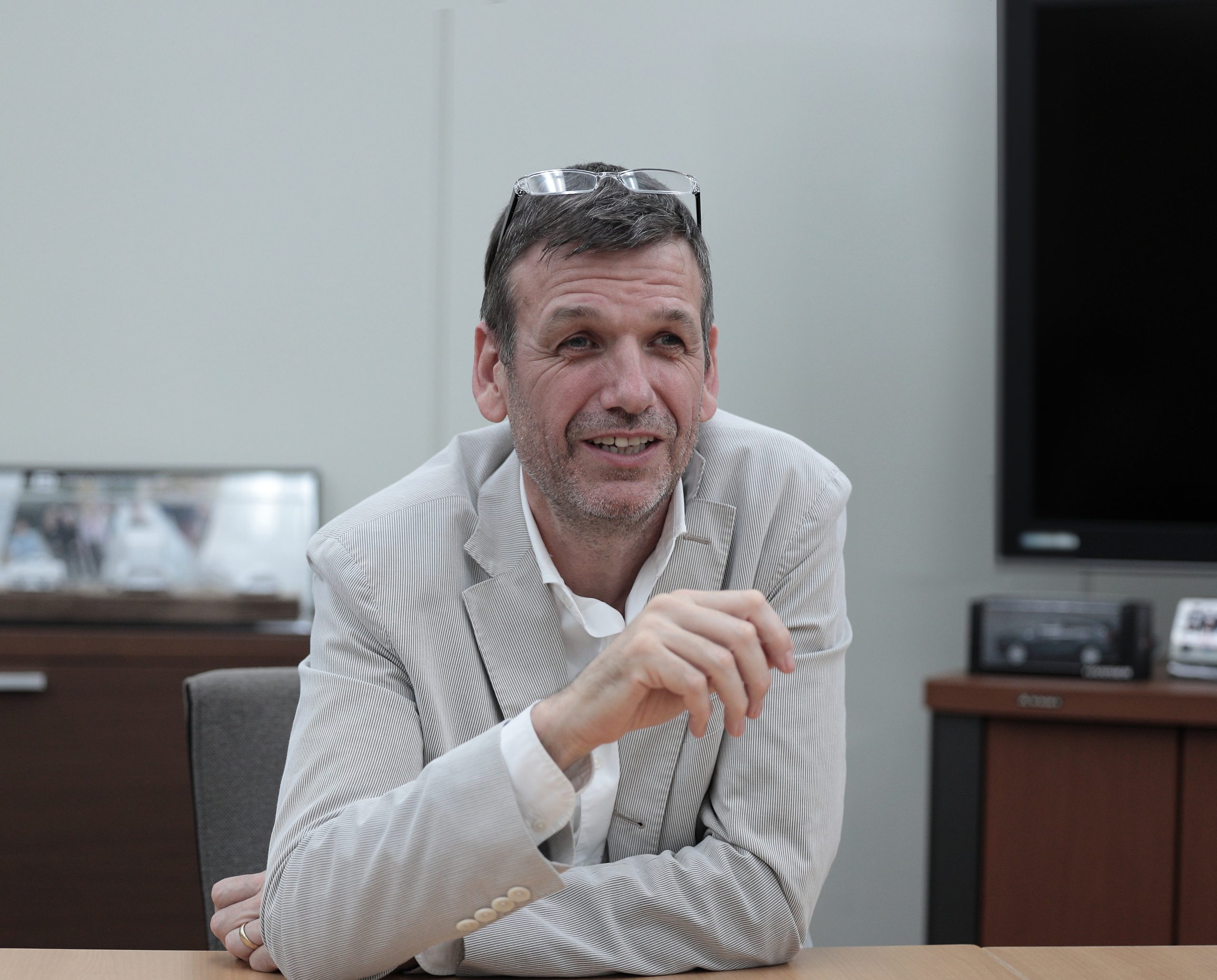
In the context of the global Covid-19 pandemic, Humphries believes new ideas are needed to respond to issues such as lack of human contact: “For long periods during the recent lockdowns, grandparents couldn’t meet their loved ones. I wondered if someone could develop apps that, for example, make use of haptic feedback, so that when you touch images of people on your tablet, it would feel as though you are actually touching the cheeks of the people on your screen. These kinds of new ideas to meet people’s desires are what designers require now.”
About Simon Humphries
Simon Humphries studied industrial design in the UK and joined Toyota in 1994, since when he has worked on many different car designs. He comments: “Before joining Toyota I hadn’t worked in automotive design at all. Despite my lack of experience, I was welcomed into the team because of my experience in other fields. This kind of flexibility will be central to Toyota becoming a mobility company.”
In 2020 Humphries became a judge for the Lexus Design Award, an annual international design competition, launched in 2013. The award seeks to discover, nurture and support up-and-coming designers and creators on the theme of “Design for a Better Tomorrow.”
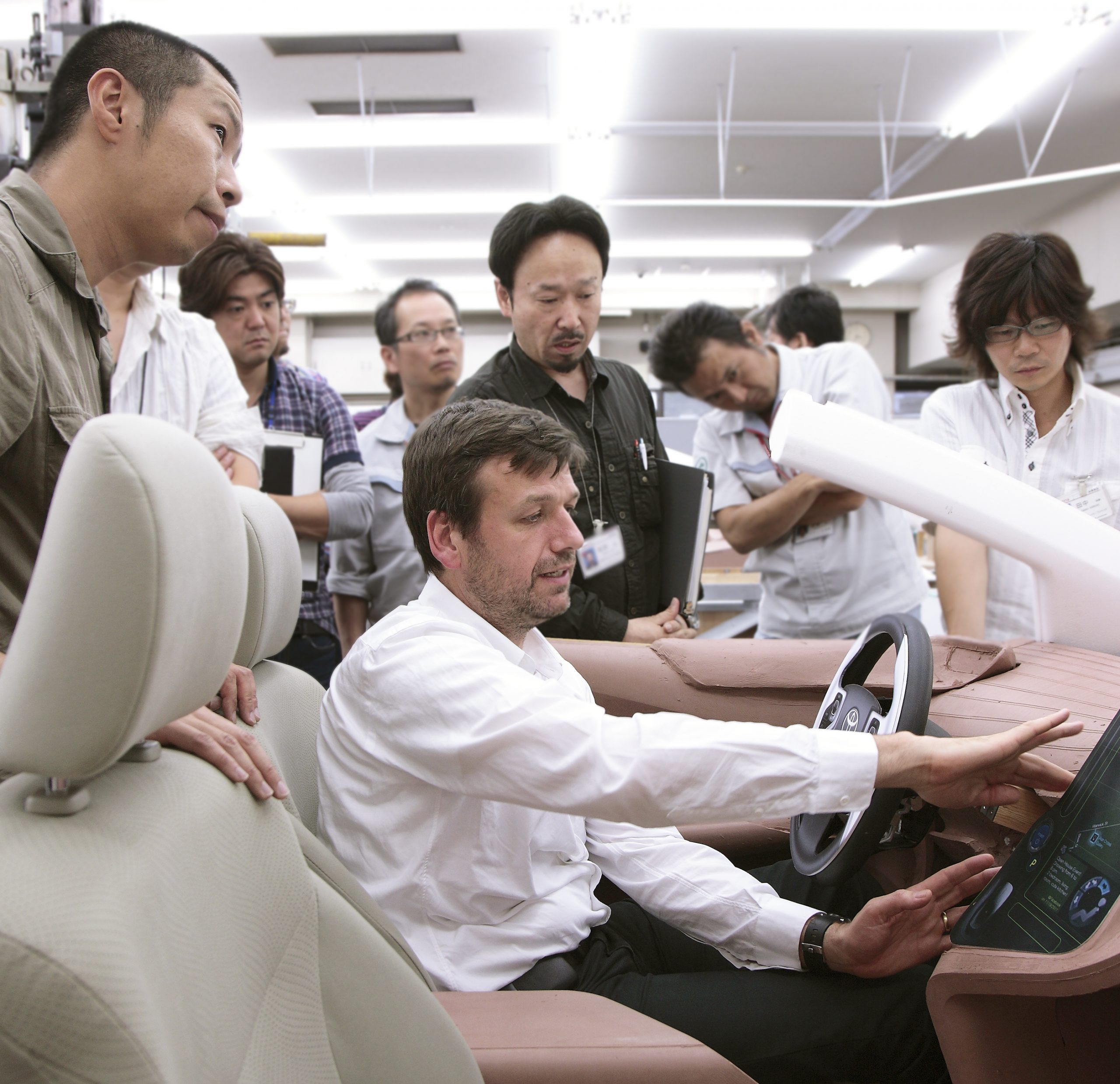
Humphries comments: “The strength of the Lexus Design Award is that it gives all applicants an equal opportunity, regardless of whether they are professionals or students, or where they are in the world. Today, professional designers are constantly trying new things to make their voices heard. This is a public award, so the winners’ designs become widely known – it’s a huge opportunity for them.”
Six award finalists are selected from the design submissions from around the world and are given the chance to develop their ideas with mentorship from world-renowned creators over a six-month period. Traditionally the announcement of the ultimate Grand Prix winner takes place at a special event held during Milan Design Week in April. Due to the cancellation of this year’s design week, the result was revealed in an online event (click here for more info: Lexus Design Awards Finalists).



